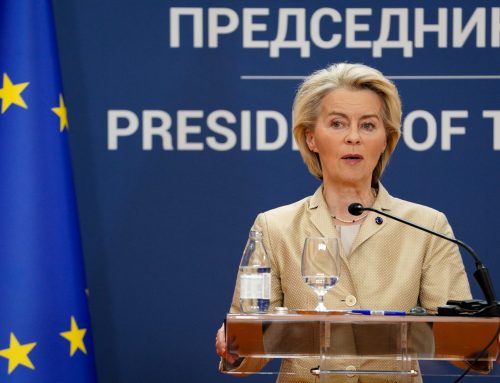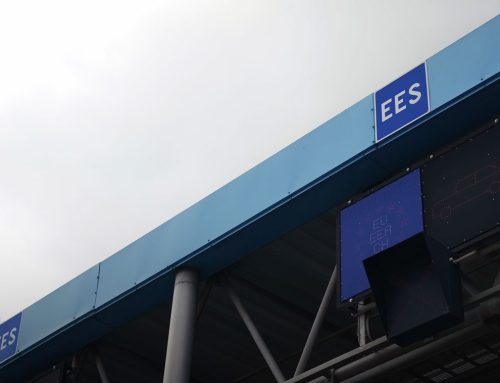Situation of Roma in this region is very difficult; they are poor, discriminated against, at risk of racist attacks, and practically excluded from social trends, due to which Roma integration is a priority to European Commission, said Luca Manunta Programme Manager of the EU Delegation to Serbia on the occasion of granting the European Commission’s Roma integration award to a Serbian project.
European Commission’s Roma integration award amounting EUR14.000 went to non-governmental organisations’ project “Mother-child educational programme”.
Manunta noted that such an award was granted to non-governmental organisations from Western Balkans and Turkey for the first time.
We want to see that Roma are equal in every society, therefore this process is monitored in both EU Member States and candidate countries, said Manunta who is in charge with Roma inclusion projects at the EU Delegation.
According to him, non-governmental organisations are the bridge between authorities and civil society, and the purpose of this award is to acknowledge NGOs’ commitment to raising public awareness on Roma issues.
Ksenija Lazic of Roma Humanitarian Centre said that they worked on the Roma inclusion programme for the last three years, and the basic goal was to “foster parental skills and early development workshops.”
What is the most important for mothers is to undergo the literacy and reading programme, whereas children trainings cover the field of education and emotional development, she said adding that cooperation with local authorities, schools and public institutions was highly important as well.
European Commission’s award went to non-governmental organisations – participants of the project “Mother-child educational programme” – Hands of friendship (Ruke prijateljstva) from Kraljevo, Romanipen from Kragujevac, Romanicikna from Krusevac, Roma humanitarian Centre from Obrenovac and Little happy colony (Mala srecna kolonija) from Novi Sad.



